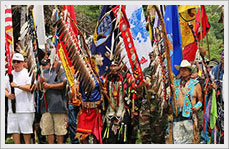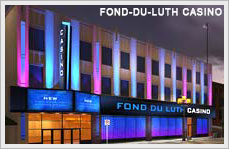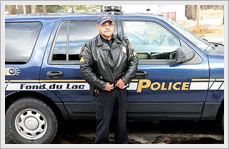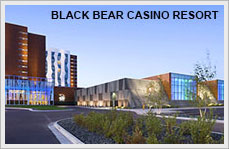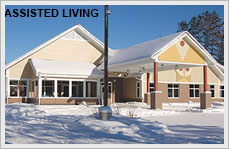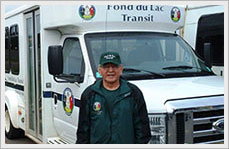Forestry - Burning Permits & Restrictions
Current Burn Permit Information
Due to gusty winds and lower moisture conditions, burn permits will be needed for anything over 3 feet in diameter until further notice. Please direct your requests through Resource Management. Thank you.
Band Members can obtain burning permits at no cost from the Fond du Lac Forestry Office in the Resource Management building. Burning permits may be issued for a maximum of three days. If you do not burn what you need to after 3 days you’ll need to obtain another permit.
Permits are issued to assure that burning of appropriate materials is done in a safe manner and that fire personnel know where fires are occurring.
Fires requiring a permit usually must not be lit until after 6PM and must be out by 8AM the following day. Daytime fires (between 8am and 6pm) are generally not allowed unless an exception is explicitly made on the permit.
When no permit is required, open burning is still restricted to vegetative, non-polluting material, which cannot be practically composted or chipped.
Open burning without a permit is allowed only when the ground is snow covered (3 inches or more of continuous snow cover) or if the fire is a recreational (camp fire) or ceremonial fire. Fires must be smaller than 3 feet in diameter. All other forms of open burning require a permit.
Restrictions: During times of “HIGH” fire danger the Director of Resource Management may, by written order, suspend the issuance of permits for open fires. Burning restrictions will typically be in place from snow melt (when there is less than 3 inches of continuous snow cover) until “Green up” (when grass turns green and the trees have leaves) and/or there is significant precipitation to lower the “Fire Danger”. Restrictions may also go into effect during periods of drought.
Prohibited materials (items you can not burn with or without a permit):
- Tires, rubber, or rubber compounds
- Chemically treated lumber
- Railroad ties, telephone poles
- Plastic pesticide or herbicide containers
- Plastic liners in seed, feed, or pesticide bags
- Plastic containers such as: milk, motor oil, household, or other plastic containers
- Tar paper, shingles, or other asphalt materials
- Insulation
- Composition board or sheet rock
- Wiring, insulation on wiring, or cable
- Hazardous waste (including household hazardous waste)
- Commercial or institutional structures
- Paint or paint filters
- Used motor oil or other petroleum-based liquids
- Vehicles, motors, or parts of vehicles, or motors
Summary:
- During the Spring and sometimes during the Fall, or during unusually dry weather, it is possible no burning permits may be issued.
- You may need a permit if your fire is larger than 3 feet in diameter.
- You may need a permit if you are burning when there is less than 3 inches of snow on the ground and things have not yet “greened up” for the year.
- You may need a permit during times of drought.
- During times of drought no fires at all may be allowed

